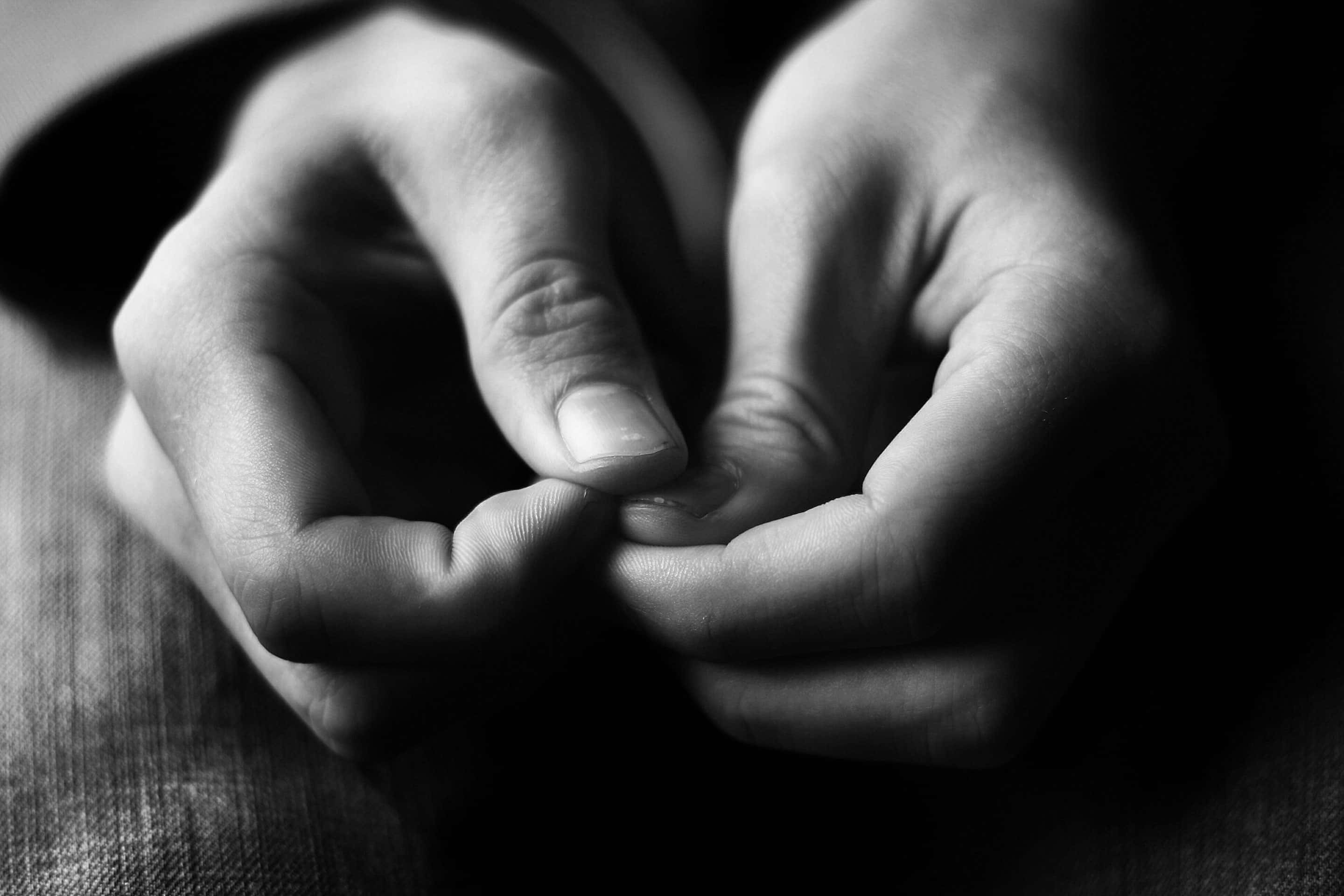Do you have a drinking Problem?
- Have you ever decided to stop drinking for a week or so, but only lasted for a couple of days?
- Do you wish people would mind their own business about your drinking — stop telling you what to do?
- Have you ever switched from one kind of drink to another in the hope that this would keep you from getting drunk?
- Have you had to have an eye-opener upon awakening during the past year?
- Do you envy people who can drink without getting into trouble?
- Have you had problems connected with drinking during the past year?
- Has your drinking caused trouble at home?
- Do you ever try to get ‘extra’ drinks at a party because you do not get enough
- Do you tell yourself you can stop drinking any time you want to, even though you keep getting drunk when you don’t mean to?
- Have you missed days of work because of drinking?
- Do you have ‘blackouts’? A ‘blackout’ is when we have been drinking hours or days which we cannot remember.
- Have you ever felt that your life would be better if you did not drink?
- Remember, there’s no shame in facing up to the fact that you have a problem.
12 Steps
- “We admitted we were powerless over alcohol—that our lives had become unmanageable.”
- “Came to believe that a Power greater than ourselves could restore us to sanity.”
- “Made a decision to turn our will and our lives over to the care of God, as we understood Him.”
- “Made a searching and fearless moral inventory of ourselves.”
- “Admitted to God, to ourselves, and to another human being the exact nature of our wrongs.”
- “We’re entirely ready to have God remove all these defects of character.”
- “Humbly asked Him to remove our shortcomings.”
- “Made a list of all persons we had harmed, and became willing to make amends to them all.”
- “Made direct amends to such people wherever possible, except when to do so would injure them or others.”
- “Continued to take personal inventory and when we were wrong promptly admitted it.”
- “Sought through prayer and meditation to improve our conscious contact with God as we understood Him, praying only for knowledge of His will for us and the power to carry that out.”
- “Having had a spiritual awakening as the result of these steps, we tried to carry this message to alcoholics, and to practice these principles in all our affairs.”
12 Traditions
- “Our common welfare should come first; personal recovery depends upon A.A. unity.”
- “For our group purpose there is but one ultimate authority—a loving God as He may express Himself in our group conscience. Our leaders are but trusted servants; they do not govern.”
- “The only requirement for A.A. membership is a desire to stop drinking.”
- “Each group should be autonomous except in matters affecting other groups or A.A. as a whole.”
- “Each group has but one primary purpose—to carry the message to the alcoholic who still suffers.”
- “An A.A. group ought never endorse, finance or lend the A.A. name to any related facility or outside enterprise, lest problems of money, property and prestige divert us from our primary purpose.”
- “Every A.A. group ought to be fully self-supporting, declining outside contributions.”
- “Alcoholics Anonymous should remain forever non-professional, but our service centres may employ special workers.”
- “A.A., as such, ought never be organised; but we may create service boards or committees directly responsible to those they serve.”
- “Alcoholics Anonymous has no opinion on outside issues; hence the A.A. name ought never be drawn into public controversy.”
- “Our public relations policy is based on attraction rather than promotion;we need always maintain personal anonymity at the level of press, radio and films.”
- “Anonymity is the spiritual foundation of all our traditions, ever reminding us to place principles before personalities.”

